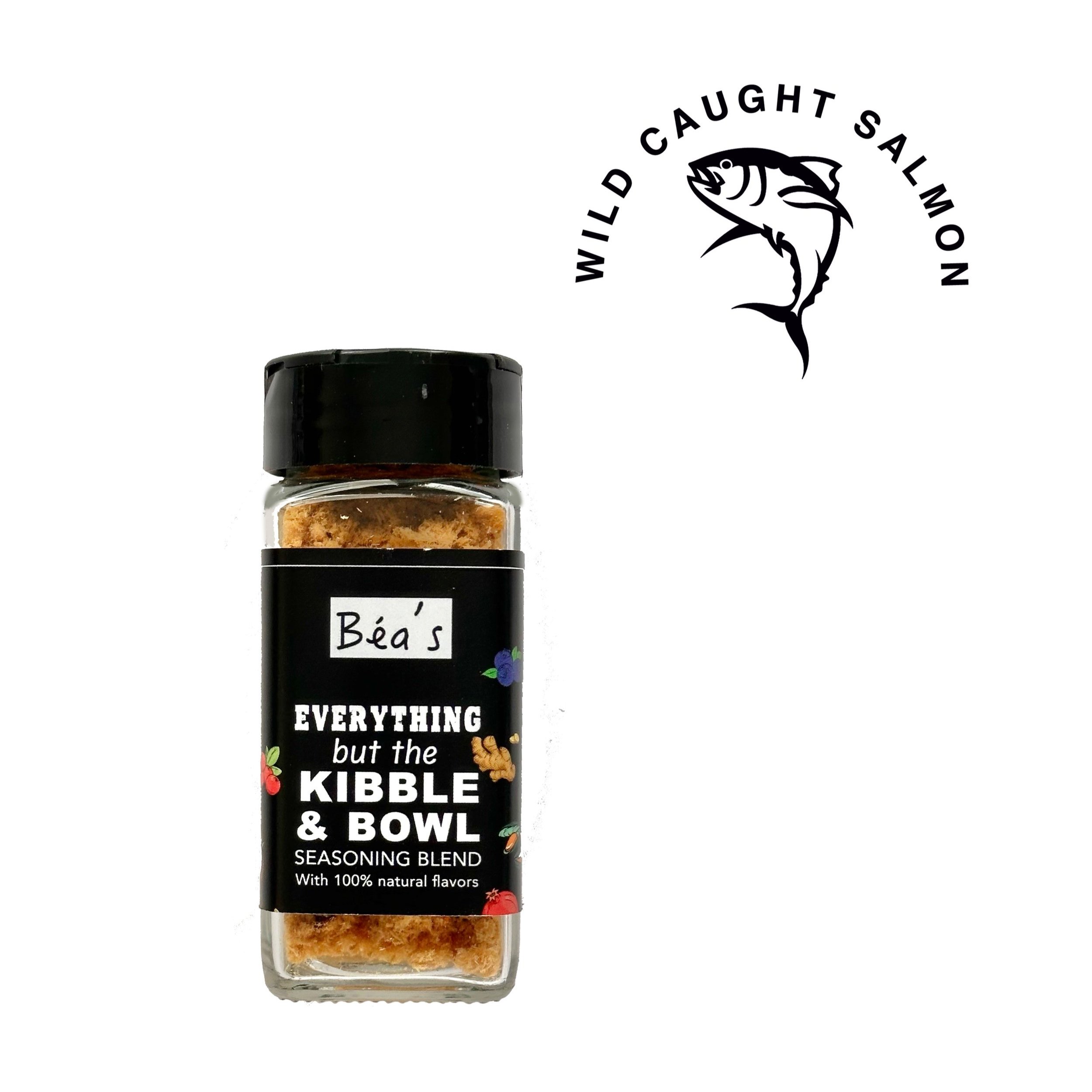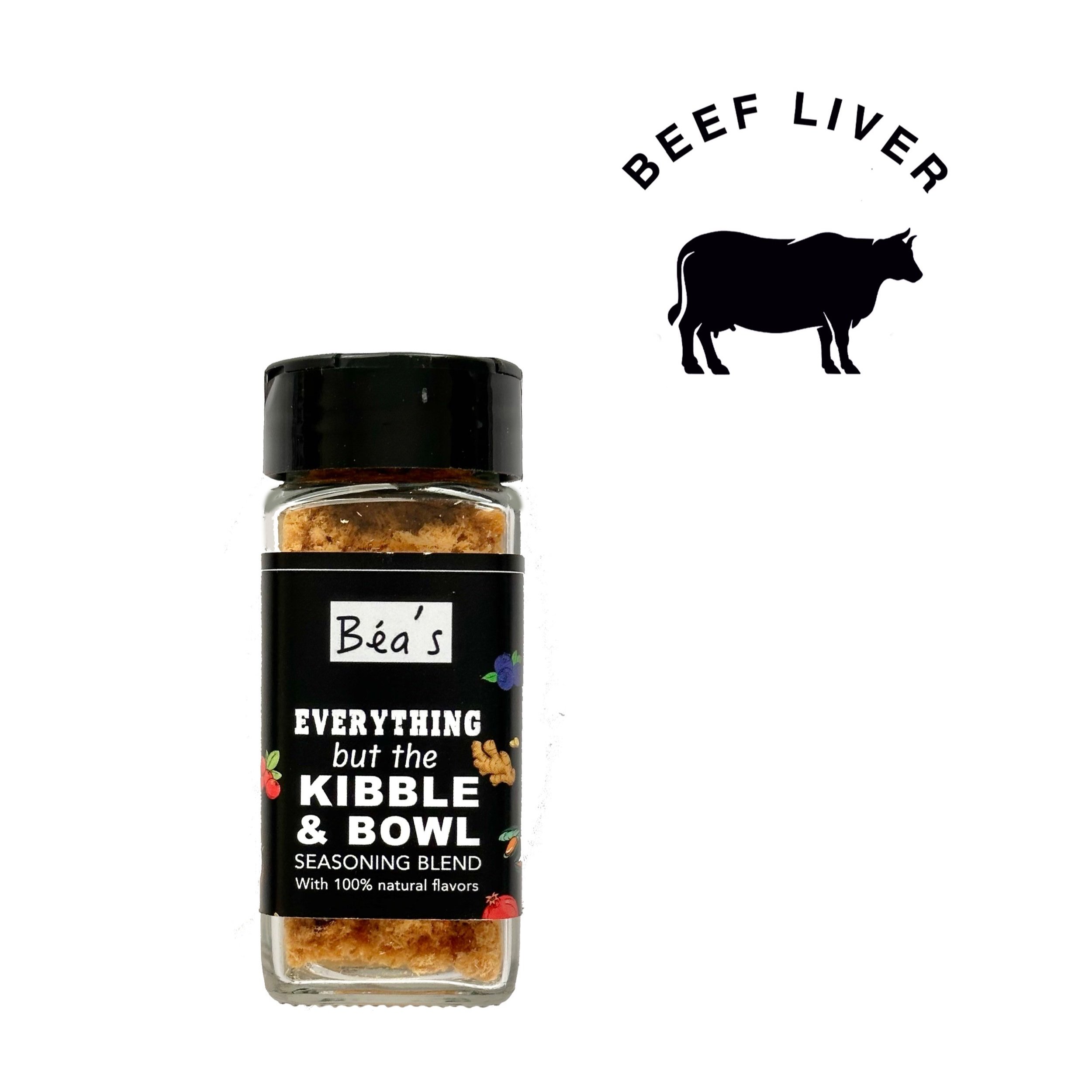The Benefits of Kelp for Dogs
A Nutritional Boost from the Sea
Kelp, a type of seaweed, has long been a dietary staple in coastal cultures worldwide due to its rich nutritional content and numerous health benefits. In recent years, it has gained attention as a natural supplement for dogs, offering a wealth of essential vitamins, minerals, and antioxidants that promote overall canine health. Whether incorporated into dog food or given as a supplement, kelp can improve everything from skin and coat condition to digestion and dental health. Let’s dive into the benefits of kelp for dogs and explore how this oceanic superfood can boost your dog’s well-being.
What Is Kelp?
Kelp is a large, brown seaweed that grows in nutrient-rich ocean waters. It absorbs an impressive array of vitamins, minerals, and trace elements from the sea, making it one of the most nutritionally dense plants on the planet. For centuries, kelp has been used for its health-promoting properties in both human and animal diets, and it is now a popular supplement for dogs.
Nutritional Breakdown of Kelp
Kelp is packed with a wide variety of nutrients that can contribute to your dog’s overall health. Some of the most beneficial components include:
Iodine: Kelp is one of the richest natural sources of iodine, a mineral essential for proper thyroid function. The thyroid gland regulates metabolism, growth, and energy production, making iodine crucial for maintaining your dog’s weight, energy levels, and overall vitality.
Vitamins: Kelp is loaded with important vitamins such as A, B, C, D, E, and K, which support immune function, vision, skin health, and blood circulation.
Minerals: Kelp contains a wide array of minerals, including calcium, magnesium, potassium, zinc, iron, and selenium, which are vital for bone health, muscle function, and immune support.
Amino Acids: These building blocks of protein are essential for tissue repair, muscle growth, and overall cellular function.
Antioxidants: Kelp is rich in antioxidants like carotenoids and flavonoids, which help protect cells from oxidative stress and reduce inflammation.
Alginates: Kelp contains alginates, natural compounds that help detoxify the body by binding to heavy metals and toxins, aiding in their elimination.
Benefits of Kelp for Dogs
Supports Thyroid Health and Metabolism
Kelp’s high iodine content is particularly beneficial for dogs with thyroid issues, such as hypothyroidism, a condition where the thyroid gland underproduces hormones that regulate metabolism. By supporting healthy thyroid function, kelp helps regulate your dog’s metabolism, energy levels, and even weight. This can be especially important for dogs that are overweight, sluggish, or showing signs of metabolic imbalance.
Promotes Healthy Skin and Coat
Kelp is a natural remedy for skin irritations and allergies in dogs. Its rich concentration of omega-3 fatty acids and vitamins, particularly vitamin E, helps improve the condition of your dog’s skin and coat. Dogs suffering from dry, itchy skin or excessive shedding can benefit from kelp’s ability to soothe irritation and promote a shiny, healthy coat. Additionally, kelp’s anti-inflammatory properties can reduce allergic reactions, making it a great choice for dogs prone to skin allergies.
Boosts Immune System
Kelp’s abundance of vitamins, minerals, and antioxidants works together to strengthen your dog’s immune system. Vitamins A, C, and E, along with zinc and selenium, are crucial for immune health and help your dog fight off infections, illnesses, and environmental stressors. The antioxidants in kelp also combat free radicals, which can contribute to chronic diseases and aging in dogs.
Improves Digestion
Kelp is known for its high fiber content, which can aid digestion by promoting healthy bowel movements and reducing constipation. The alginates in kelp help detoxify your dog’s digestive system by binding to heavy metals and toxins, preventing their absorption into the body and promoting their elimination. This detoxifying effect can be particularly beneficial for dogs with sensitive stomachs or those exposed to environmental pollutants.
Enhances Dental Health
One of the lesser-known benefits of kelp is its positive impact on dental health. Kelp contains natural compounds that help reduce the buildup of plaque and tartar on your dog’s teeth. Regular supplementation with kelp has been shown to improve oral hygiene, reduce bad breath, and support overall dental health, potentially decreasing the need for professional dental cleanings.
Weight Management
For dogs struggling with weight issues, kelp can be a helpful supplement due to its ability to regulate thyroid function and metabolism. A well-functioning thyroid helps maintain a healthy weight by ensuring your dog’s metabolism operates efficiently. Additionally, kelp’s fiber content can promote a feeling of fullness, which may help reduce overeating and support a balanced diet.
Anti-Inflammatory and Detoxifying Effects
The anti-inflammatory properties of kelp, particularly due to its omega-3 fatty acids and antioxidants, make it a useful supplement for dogs with arthritis or inflammatory conditions. Kelp’s ability to reduce inflammation in the body can help alleviate joint pain and improve mobility in aging or arthritic dogs. Additionally, kelp’s detoxifying properties help flush out toxins, supporting your dog’s liver function and overall health.
How to Incorporate Kelp into Your Dog’s Diet
Kelp is available in various forms, including powder, tablets, and even as an ingredient in some commercial dog foods. When adding kelp to your dog’s diet, it’s essential to choose high-quality, organic kelp that is free from additives and contaminants. The amount of kelp to give your dog will depend on their size and weight, so it’s crucial to follow the dosage instructions on the product or consult your veterinarian for guidance.
Start with a small amount and gradually increase the dosage to ensure your dog’s system can tolerate it without digestive upset. Once added to their diet, kelp can provide noticeable improvements in health, from shinier coats to better energy levels.
Are There Any Side Effects?
While kelp is generally safe for dogs, it’s important not to over-supplement. Too much iodine can lead to an overactive thyroid, potentially causing hyperthyroidism. It’s always a good idea to consult your veterinarian before adding any new supplement, especially if your dog has pre-existing health conditions like thyroid imbalances or is on medication.
Conclusion
Kelp is a natural, nutrient-dense supplement that can offer a wide range of health benefits for dogs. From supporting thyroid function and improving skin and coat condition to boosting the immune system and enhancing dental health, kelp can play a vital role in your dog’s overall well-being. As with any supplement, it’s essential to introduce kelp in moderation and monitor your dog’s response to ensure they’re reaping the benefits of this oceanic superfood.
If you’re looking for a way to boost your dog’s health naturally, kelp could be the perfect addition to their diet, helping them lead a healthier and happier life.









